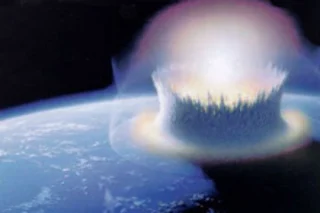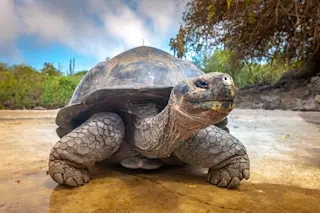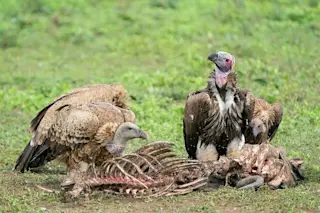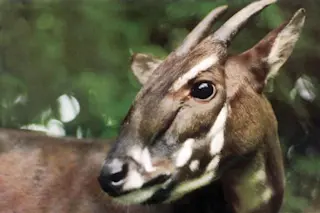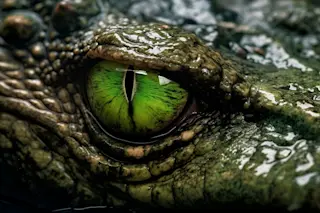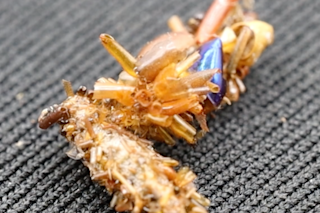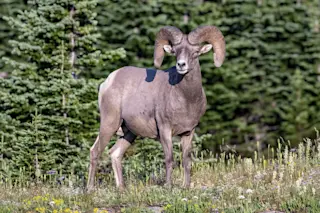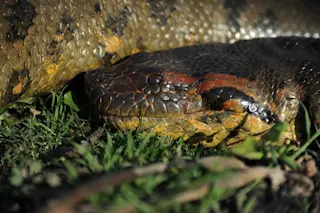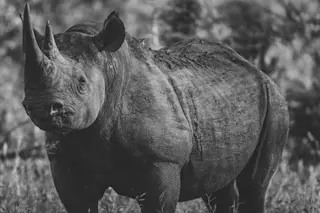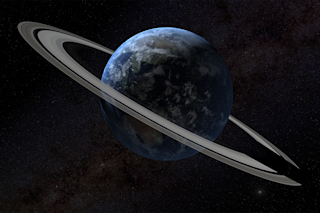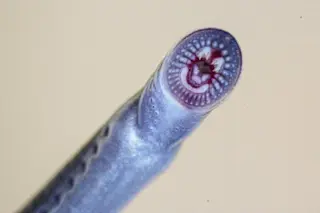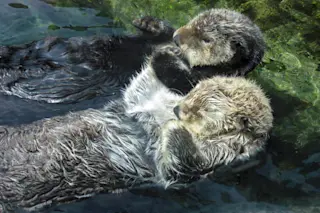The enormous meteor that smashed into Mexico's Yucatan peninsula 65 million years ago didn't deal a death blow to the dinosaurs, a new study declares. Based on a close examination of sediment layers from that epoch, a team of researchers led by Gerta Keller has previously argued that the Chicxulub impact happened 300,000 years before the mass extinction known as the Cretaceous-Tertiary extinction event. Now, Keller has found supporting evidence that the impact had little immediate effect on the planet's biome. Says Keller:
"It didn't kill the dinosaurs. In fact, it didn't cause much damage that we can determine from the geological record" [The Scientist].
Since the 112-mile-wide Chicxulub crater was discovered in 1978, many researchers have come to believe that the massive impact caused clouds of dust to shroud the earth, cooling the planet and killing the dinosaurs along with many other species. But Keller's new study, to be ...


